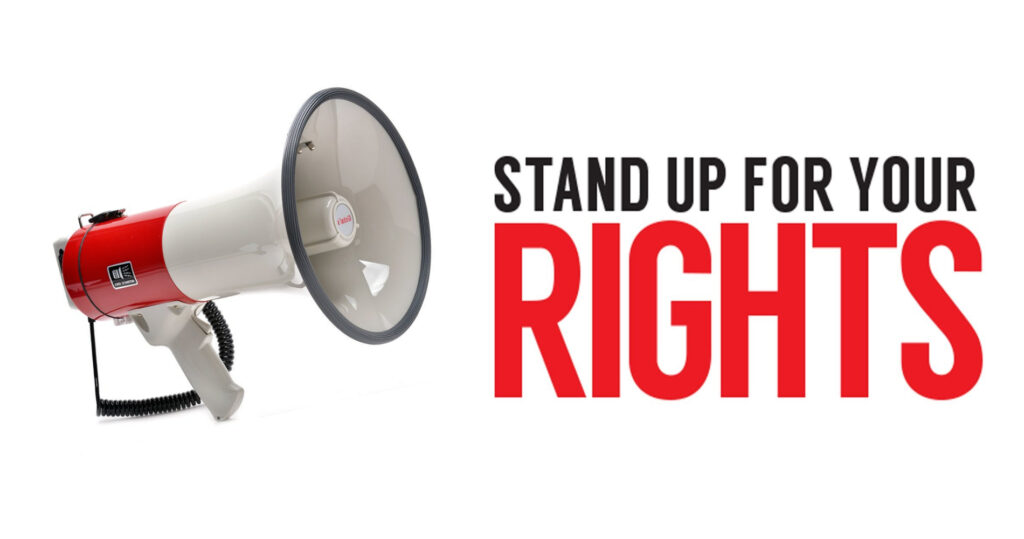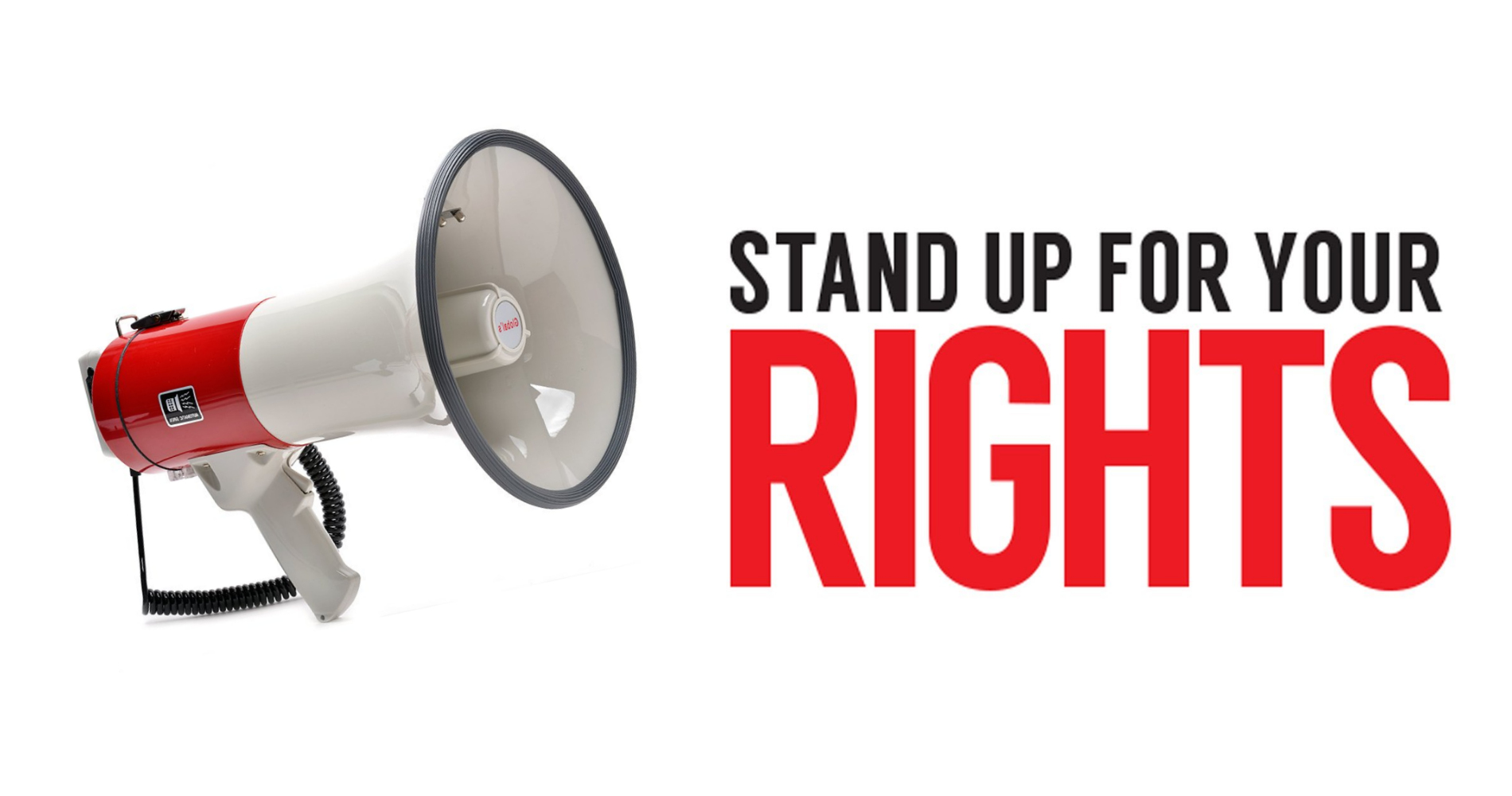
Stand Up for What’s Right: A Guide to Moral Courage in a Complex World
In an era marked by complex ethical dilemmas and social injustices, the ability to stand up for what’s right is more crucial than ever. This isn’t always easy. It requires moral courage, a deep understanding of one’s values, and a willingness to act, even in the face of adversity. This article explores the significance of standing up for what’s right, examining the challenges, rewards, and practical steps individuals can take to cultivate this essential quality.
The Importance of Moral Courage
Moral courage is the strength to act according to one’s values, even when facing potential risks such as disapproval, rejection, or personal loss. It’s the inner fortitude that enables individuals to stand up for what’s right, even when it’s unpopular or difficult. This courage is essential for a just and equitable society. Without it, injustice can flourish, and the voices of the marginalized can be silenced.
Throughout history, individuals who have demonstrated moral courage have been instrumental in driving positive change. From civil rights activists to whistleblowers, these individuals have risked their reputations, careers, and even their lives to stand up for what’s right. Their actions serve as a powerful reminder of the impact that one person can have when they are willing to act on their convictions.
Challenges to Standing Up for What’s Right
Despite its importance, standing up for what’s right is often easier said than done. Several factors can make it challenging, including:
- Fear of social repercussions: The fear of being ostracized, ridiculed, or rejected by peers can be a powerful deterrent.
- Professional risks: Speaking out against unethical practices in the workplace can lead to job loss or career setbacks.
- Lack of confidence: Doubting one’s ability to make a difference can prevent individuals from taking action.
- Moral ambiguity: In some situations, it may not be clear what the right course of action is.
- Bystander effect: The tendency to assume that someone else will intervene can lead to inaction.
Overcoming these challenges requires a conscious effort to cultivate moral courage and develop strategies for navigating difficult situations. [See also: Building Resilience in the Face of Adversity]
Cultivating Moral Courage: Practical Steps
Moral courage is not an innate trait but rather a skill that can be developed through practice and self-reflection. Here are some practical steps individuals can take to cultivate this essential quality:
Clarify Your Values
Before you can stand up for what’s right, you need to know what you believe in. Take the time to identify your core values and reflect on what they mean to you. Consider what principles you are unwilling to compromise on and what issues you are most passionate about. This clarity will provide a solid foundation for your actions.
Educate Yourself
Stay informed about current events and social issues. Read widely, listen to diverse perspectives, and critically evaluate information. The more you understand the world around you, the better equipped you will be to identify injustices and stand up for what’s right. [See also: Critical Thinking Skills for a Changing World]
Start Small
You don’t have to tackle the biggest issues right away. Start by standing up for what’s right in small, everyday situations. This could involve speaking out against a sexist joke, challenging a biased comment, or supporting a colleague who is being unfairly treated. These small acts of courage can build your confidence and prepare you for more significant challenges.
Find Your Allies
You don’t have to do it alone. Seek out like-minded individuals who share your values and are committed to making a difference. Working with others can provide you with support, encouragement, and a sense of solidarity. Together, you can amplify your impact and create a stronger force for change. Consider joining organizations or movements that align with your values. Having allies will make it easier to stand up for what’s right.
Prepare for Resistance
Standing up for what’s right often involves facing opposition. Be prepared for criticism, pushback, and even personal attacks. Develop strategies for managing conflict and responding to negativity. Remember that your actions are not about pleasing everyone but about upholding your values and making a positive impact. It takes courage to stand up for what’s right and not everyone will appreciate it.
Practice Self-Care
Standing up for what’s right can be emotionally and mentally draining. Make sure to prioritize self-care and take steps to protect your well-being. This could involve practicing mindfulness, spending time in nature, connecting with loved ones, or seeking professional support. Taking care of yourself will help you sustain your efforts and avoid burnout.
Document Everything
If you are witnessing or experiencing unethical behavior, document everything. Keep records of dates, times, locations, and specific details. This documentation can be invaluable if you need to report the behavior to authorities or take legal action. Having evidence can strengthen your case and protect you from retaliation. It is extremely important to stand up for what’s right, but also to protect yourself.
Seek Mentorship
Find someone who embodies moral courage and seek their guidance. A mentor can provide you with valuable insights, advice, and support as you navigate ethical dilemmas. Look for individuals who have a proven track record of standing up for what’s right and are willing to share their experiences. [See also: The Power of Mentorship in Personal and Professional Development]
Learn from Your Mistakes
Everyone makes mistakes. Don’t be afraid to admit when you’ve made a wrong decision or acted in a way that is inconsistent with your values. Use these experiences as opportunities for learning and growth. Reflect on what you could have done differently and commit to doing better in the future. The key is to continue to stand up for what’s right.
The Rewards of Standing Up for What’s Right
While standing up for what’s right can be challenging, the rewards are significant. These include:
- Increased self-respect: Acting in accordance with your values fosters a sense of integrity and self-worth.
- Improved mental health: Research suggests that individuals who engage in prosocial behavior experience lower levels of stress and anxiety.
- Stronger relationships: Demonstrating moral courage can inspire others and strengthen your bonds with like-minded individuals.
- Positive social impact: Your actions can contribute to a more just and equitable society.
- A sense of purpose: Standing up for what’s right can give your life meaning and direction.
Conclusion
In a world that often feels complex and overwhelming, the ability to stand up for what’s right is a beacon of hope. It requires courage, resilience, and a deep commitment to one’s values. By clarifying your values, educating yourself, finding your allies, and practicing self-care, you can cultivate moral courage and make a positive impact on the world. Remember that even small acts of courage can make a difference. Stand up for what’s right, and inspire others to do the same.

